Hundreds of Thousands Displaced as Israel Advances Into Rafah: Humanitarian Crisis Deepens
- by Mike Morris, RNG247
- about 9 months ago
- 290 views
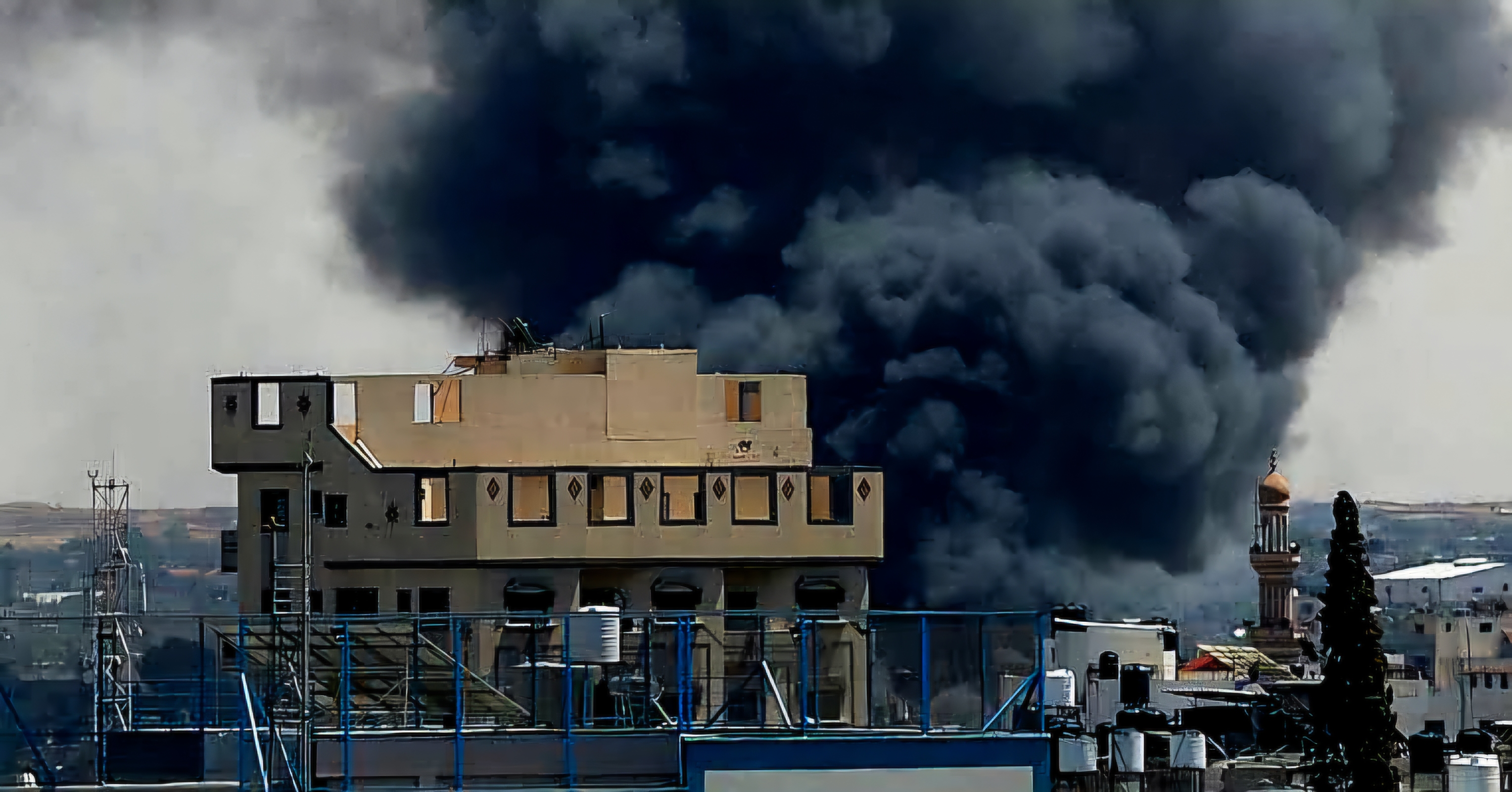
In one of the most significant mass displacements of the ongoing conflict, hundreds of thousands of Gazans are seeking refuge as Israeli forces move into the devastated city of Rafah. This operation is part of a newly established "security zone" that aims to seize control of a heavily populated area on Gaza’s southern border.
With the announcement of their intentions to capture substantial territory within the Gaza Strip, Israeli forces have begun their advance into Rafah, a city that has served as a crucial haven for those fleeing violence throughout the war. This latest offensive marks a sharp escalation following a ceasefire that has been effectively abandoned since Israel resumed military actions last month.
Tragically, the human toll continues to rise; Gaza’s health ministry reported that at least 97 people lost their lives in Israeli airstrikes over the past 24 hours. Among the casualties were at least 20 individuals killed during an airstrike at dawn in the Shejaia suburb of Gaza City.
“Rafah is gone; it is being wiped out,” said a father of seven, among the many who fled to nearby Khan Younis. Speaking through a messaging app, he described the relentless destruction of homes and infrastructure: “They are knocking down what is left standing of houses and property.”
As destruction expands, residents are grappling with the trauma of loss. Adel Abu Fakher, checking the damage to his tent in Khan Younis after a strike, lamented, “Is anything left for us? There’s nothing left for us. We’re being killed while asleep.”
The assault on Rafah signifies a crucial shift in strategy by Israeli forces, which have not clearly outlined their long-term intentions regarding the newly claimed security zone. Prime Minister Benjamin Netanyahu indicated that troops are targeting what he referred to as the "Morag Axis," an area previously home to an abandoned Israeli settlement connecting Rafah and Khan Younis.
Desperate amid the chaos, Gazans who had recently returned to their homes in the ruins during the fragile ceasefire are now compelled to flee again. The looming fear is that Israel aims to permanently depopulate these areas, leaving countless individuals homeless in one of the world’s most densely populated regions, where access to critical agricultural land and water resources is already compromised.
Since the ceasefire's expiration at the start of March, Israel has initiated a total blockade on goods entering Gaza, further exacerbating what international organizations are calling a humanitarian disaster. The blockade follows weeks of relative calm but has led to widespread shortages of food, medicine, and fuel for Gaza’s 2.3 million residents.
Israel's official stance in the conflict asserts a mission to dismantle the Hamas militant group—responsible for the initial deadly attack on Israeli communities in October 2023. Despite the hostilities, the group has maintained a presence in Gaza, with their police returning to streets during the ceasefire while still holding hostages. Israeli leadership has cited protests in Gaza as a sign of discontent towards Hamas; demonstrators recently gathered in Beit Lahiya, demanding an end to the conflict and the group’s governance—a sentiment Hamas dismisses as collaboration with Israel.
The war erupted on October 7, 2023, following a coordinated attack by Hamas that resulted in over 1,200 Israeli deaths and the taking of more than 250 hostages, according to Israeli sources. The ongoing military campaign has reportedly claimed more than 50,000 Palestinian lives, according to health authorities in Gaza.
As the situation unfolds, Rafah residents report widespread compliance with Israeli evacuation orders, primarily due to relentless airstrikes that have brought down buildings. However, a strike targeting the main road between Khan Younis and Rafah has hindered movement, stranding those unable to flee.
“Others stayed because they don’t know where to go or are weary from being displaced multiple times,” said Basem, a Rafah resident. “We fear for our safety—more lives being lost or, at best, detention.”
In the wake of the intensified conflict, markets have been left barren, and prices for basic goods have skyrocketed. The Palestinian Health Ministry warns that Gaza’s healthcare system is on the brink of collapse, exacerbating an already dire humanitarian situation. The world watches as the region grapples with the consequences of a conflict that shows no signs of abating.





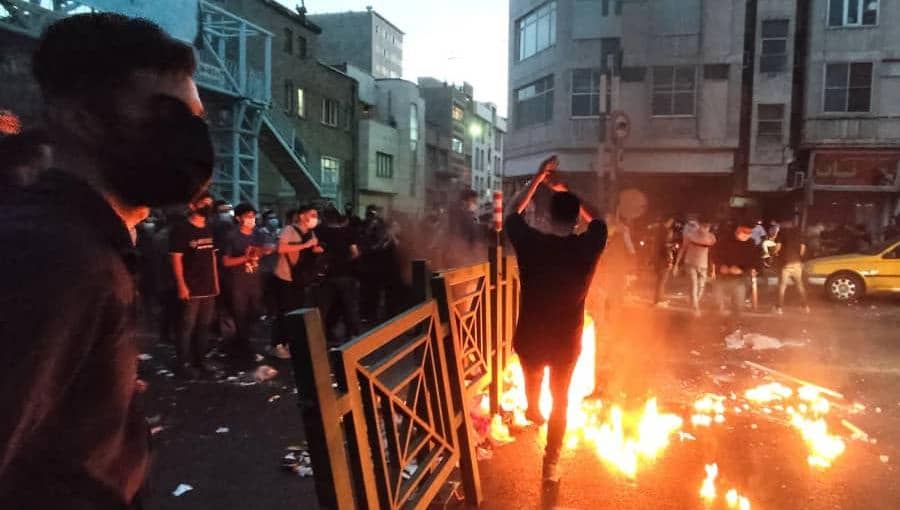
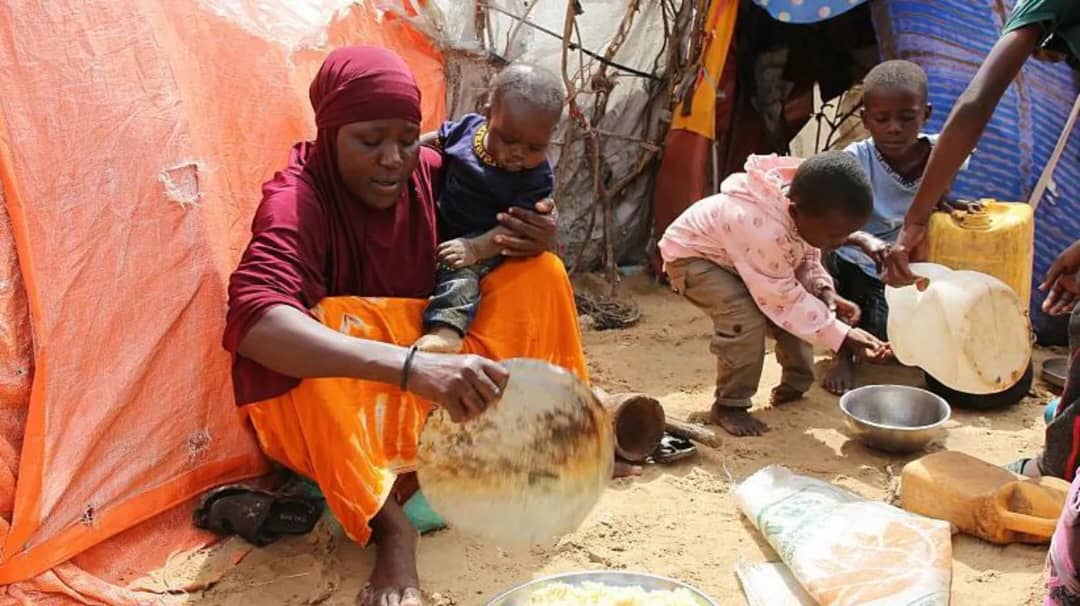
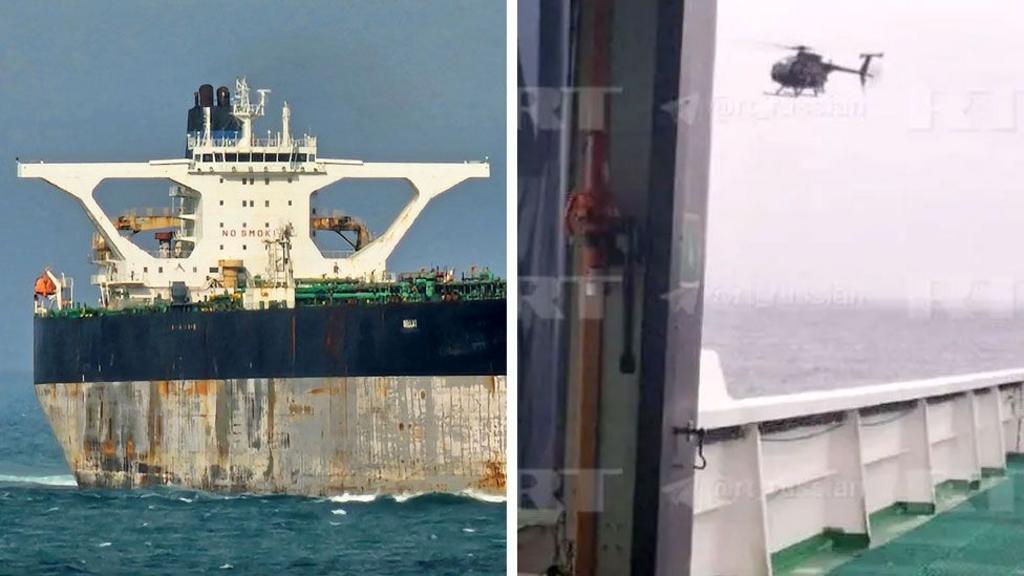
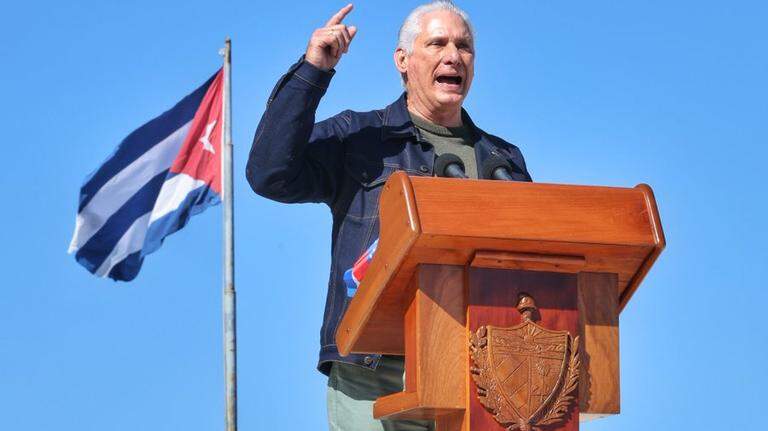



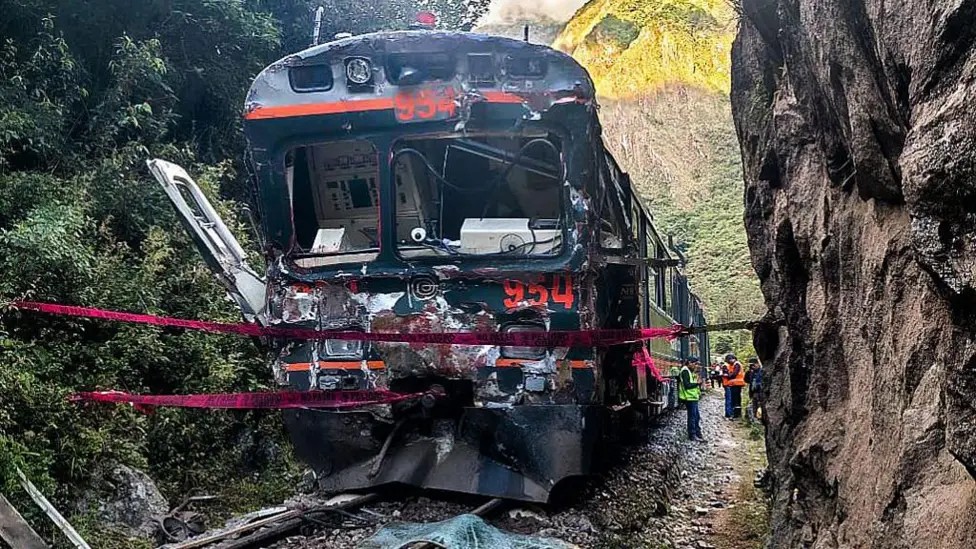

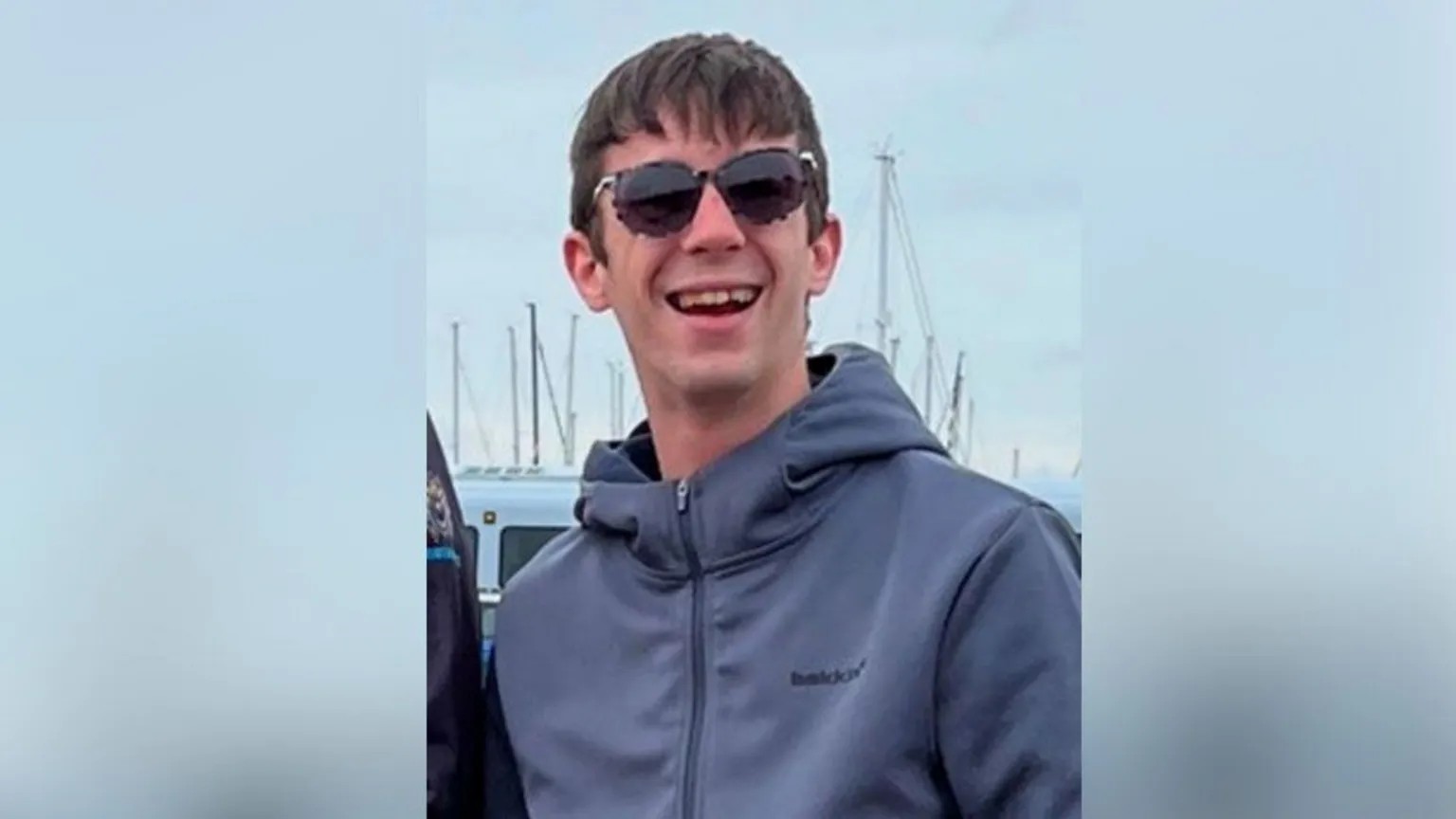

0 Comment(s)